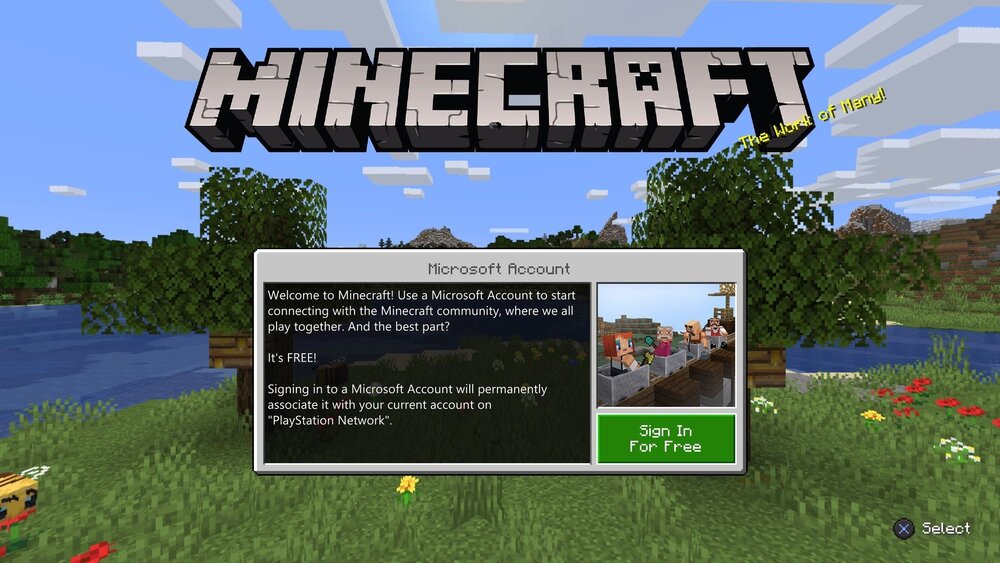Let’s skip to the point and avoid beating around the bush. A mobile application is a proven way to land your products or services straight into the hands of your users. If you have an observant mind, then you must have noticed how swiftly mobile applications have replaced wrist watches. Why? The answer is simple. They aren’t used much. Yes there are people who love to wear them as a stylized accessory but how often do they actually look at it.
Tangible alarm clocks have met the same fate. So have calendars and there is one simple reason for all this – mobile applications. The point is that nowadays, we are surrounded by mobile applications, and people prefer to use them because they are super-easy to access (practically at the tip of your fingerprints), are convenient to use and they make use of a device’s native features which enhance their overall performance.
The bottom line is that customers are super comfy with mobile applications and that is why almost all businesses, regardless of their size, are busy extending their services through them. But having one is easier said than done. There are lots of things to be planned for and strategized. Then there are development, deployment and regular updates, of course. What services are you going to offer, what to display and what not to, and last but not the least, there is investment to be done.
The last part is what deters start-up businesses from going after them. But no matter what, having a mobile application is a must for start-up businesses. It is no longer an option but a necessity, and there are several points favouring the argument. As an owner of a start-up, if you’re looking for some more convincing reasons, then here are pretty solid ones.
-
Better Visibility
In modern times, whenever people hear about some new business or services, the first impulse they have is to check out for its mobile application. Even popular networking sites like Twitter, LinkedIn, Quora and Facebook have their own mobile applications now. So once your business starts spreading, you will need an application for your growing list of consumers. WhatsApp serves as a good example here.
Though many other instant messaging apps are available in the app stores, people simply can’t let go of WhatsApp. You know what they say. People never forget their first, and we must be wise not to forget that WhatsApp initially started off as an instant messaging solution for smartphones. The bottom line is a mobile application is sure to make your presence more conspicuous.
-
Keep Customers Informed
You can go for a traditional website and marvel in the glory of saving extra bucks. But what are the chances that your customers get notified every time you add a new product, offer new discounts or try to inform them about a personalized offer? The answer is unlikely. With a website, push notifications and alerts can go off rails but with a mobile application, they get all the notifications instantly.
Whether you want to inform your customers about new products or new stocks or availability of out-of-stock items, with a mobile application, it becomes easy for you to keep your customers notified on everything. It also becomes easy for your customers to verify the same. So this too is a win-win situation.
-
Quick and Real-time Feedback
Be it reviews, suggestions or grievances, with mobile applications, it is easy for businesses to get quick feedback from their customers. If they like your product, you know it. If they think it can be made better, they let you know of the problem areas. If they are having any problem, you can work upon it to resolve it. In short, with a mobile application, it becomes easier for businesses to get quick, useful and real-time feedback. It also helps businesses to gather information about the likes and dislikes of their customers.
-
Gather Data and Information
It is not just feedback that helps companies to know about their customers’ choices. With the use of advanced mechanisms like AI and ML, businesses can gather data based on their users’ search preferences, navigational patterns, wishlisted products and purchased items.
By monitoring their activities on the app and responses on social networking platforms, companies can gather valuable data and information about their consumers. Companies can process the data and use it to gain valuable insights with which they can devise marketing strategies.
-
An Effective Marketing Tool
Mobile applications work as effective marketing tools. Based on the analysis of information, businesses get to know the demography of their purchasers, peak browsing hours, product preferences based on genders and as stated above, products most purchased and the ones most viewed.
Using this information, start-ups can create marketing campaigns. They can offer discounts on repeated purchases. They can even present personalized offers based on their navigational behaviour. What’s more! They can pick any item from their wishlist and send them as surprise gifts during special occasions.
-
Helpful in Having Seamless Communications
Getting real-time feedback is good but what’s better is allowing customers to have seamless communication. Some companies have automated responses embedded within their app to let customers have their queries cleared about products, prices, returned items or any topic related to services and products offered by the company. This makes the company look more reliable to consumers.
Amazon serves as a classic example. Besides providing clients with basic search options and voice assistant, it now has Alexa embedded into its shopping app to guide customers. In the Customer Service zone, Amazon provides ‘Chat Us’ and ‘Talk to Us’ options to customers to chat with its automated messaging assistant or directly talk to their customer service executive.
-
Easy Payment
Since most of the banks now provide the convenience of online transactions via their mobile applications, it has become easy for consumers to pay for any purchase by simply initiating a transaction regardless of the app. Because most banking and UPI service applications are present on the smartphone, online payment has become a hassle-free affair. This is the reason why most people chose to purchase items via mobile applications.
Summing Up
For start-up businesses, mobile applications are certainly going to be a hit, especially because of the several shopping comforts they offer. But start-ups need to remember that Rome wasn’t built in a day. You can go on to partner with the best mobile apps development company, work on strategies and have a great application. But the initial stages are always tough to handle.
It is easy to give up, especially during the first few weeks when many visitors hesitate to try out new mobile apps. But once you manage to get market-attention, a mobile application can help spread your clientele like wildfire. So patience and perseverance is the key. Apart from bringing you new clients, a mobile app will also prove helpful in retaining loyal customers.






